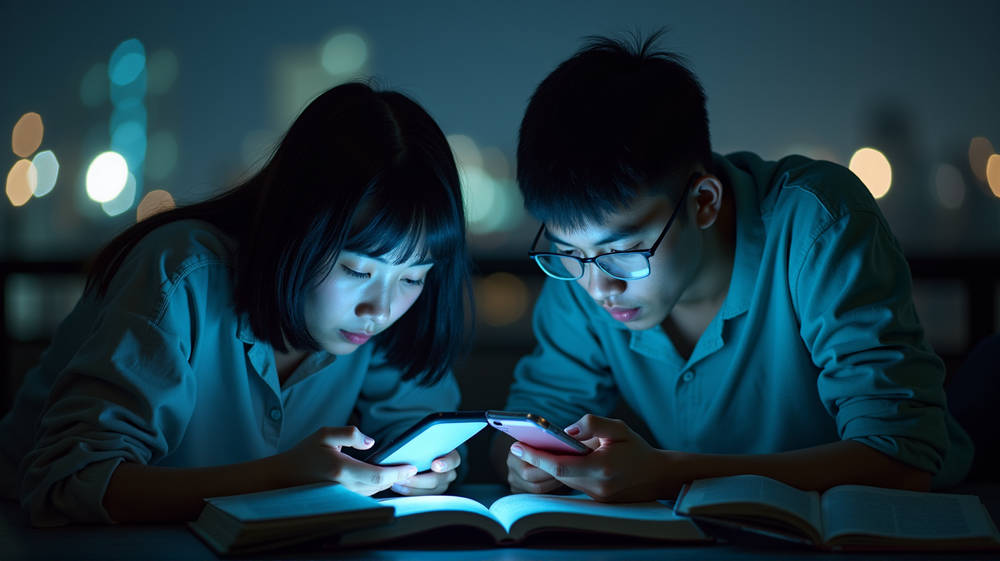Mobile Phone Addiction vs Bedtime Procrastination: A Study on Chinese Students
In a society increasingly tethered to technology, a recent study dives deep into the intricate relationship between Mobile Phone Addiction (MPA) and Bedtime Procrastination (BP) among Chinese college students. The research unfolds fascinating insights into how these habits are influenced by gender and perceived stress levels, offering crucial data for crafting targeted intervention strategies.
Unveiling the Link Between MPA and BP
The study, conducted over a span of months from November 2021 to May 2022 at a university in Wenzhou, Zhejiang Province, meticulously analyzed the behavioral patterns of 1,423 students. Utilizing tools such as the Mobile Phone Addiction Scale and the Bedtime Procrastination Scale, researchers sought to uncover the bidirectional relationship between these two growing concerns.
Gender and Stress: The Moderating Factors
A remarkable finding is the variance seen across genders and stress levels. Under conditions of low stress, mobile phone addiction notably predicted ensuing bedtime procrastination. Conversely, high-stress levels saw bedtime procrastination foreshadowing an increase in mobile phone addiction, especially among females. This highlights the tailored nature of intervention needed according to gender and stress levels to curb these tendencies among students.
Implications for Interventions
With data analyzed using SPSS 26.0 and AMOS 24.0, the study’s results emphasize the significance of personalized intervention methods. By adapting strategies according to gender and stress conditions, educational institutions can foster healthier habits among students. As technology evolves, so does the need for adaptive solutions to its side effects.
Towards Healthier Student Lifestyles
As stated in Frontiers, the research’s implications are clear: to nurture the well-being and growth of college students, intervention measures should consider the multifaceted dynamics of mobile phone addiction and bedtime procrastination. This endeavor not only promotes academic success but also contributes to the holistic development of young adults in the digital era.




